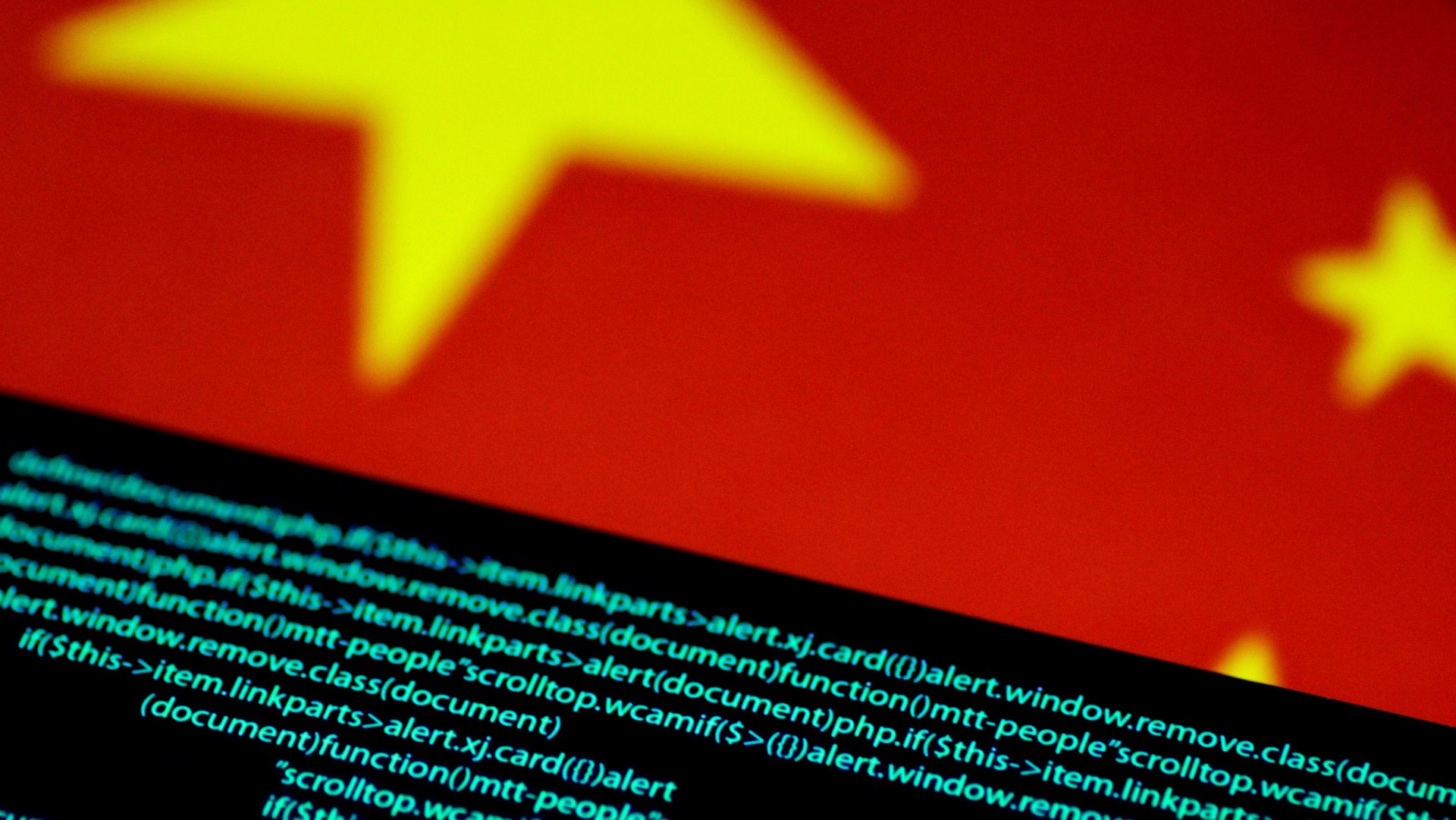#MeToo activists in China are turning to the blockchain to dodge censorship
Chinese internet users have seen posts referring to the country’s #MeToo movement disappear from WeChat, Weibo, and other popular social networks in recent weeks. In particular, posts about an alleged decades-old cover-up at Peking University, one of the most prestigious universities in China, seems to have attracted the attention of government censors. Students at the school are calling for faculty to investigate the case of Gao Yan, a college student who committed suicide in 1998 after alleging she was sexually assaulted by a professor who remained on the faculty for years.


Chinese internet users have seen posts referring to the country’s #MeToo movement disappear from WeChat, Weibo, and other popular social networks in recent weeks. In particular, posts about an alleged decades-old cover-up at Peking University, one of the most prestigious universities in China, seems to have attracted the attention of government censors. Students at the school are calling for faculty to investigate the case of Gao Yan, a college student who committed suicide in 1998 after alleging she was sexually assaulted by a professor who remained on the faculty for years.
For embittered activists though, there’s some hope, thanks to the blockchain.
On April 23, a PKU student named Yue Xin published an open letter describing being pressured by faculty. According to Yue, after she petitioned the school to disclose information about Gao’s case, her professors and advisors tried to coerce her into ceasing her activism. Her letter was censored so quickly that some internet users began re-posting it online upside-down, in hopes of keeping it in circulation.
While the letter hasn’t lasted long on social media, it’s now on the ethereum blockchain for good. Transaction records for the cryptoasset show that on April 23, an ethereum address sent a value of zero ethereum to itself, costing a total of about 53 US cents (transactions using ethereum are charged a fee). The metadata to the transaction contained the the text of Yue’s open letter.
Essentially, this practice is similar to logging into one’s bank account online, transferring $0 dollars to oneself, and then posting text in an optional “Notes” section before hitting send. With ethereum, since all transaction records are public, those notes can be read by anyone.
This is not the first time crypto enthusiasts have made use of this feature. AmeriTrade once used it to place an advertisement on Bitcoin’s blockchain. One ethereum owner created a tongue-in-cheek service for blockchain graffiti.
For activists evading censorship, the key advantage of this feature of the blockchain is it offers permanence. While online censors can cut access to certain websites and coerce social media companies to censor posts, it’s nearly impossible to alter a popular public blockchain like ethereum’s or bitcoin’s.
Of course, when it comes to distributing information to a wide audience, this method is far less effective mainstream social media—at least for now.
Leo Weese, president of the Bitcoin Association of Hong Kong, explains that in order to find the letter, one would have to have to have the URL to a page that shows a record of the transfer on a block explorer, a sort of search engine for blockchain transactions (Etherscan, for example, is a block explorer specifically for the ethereum blockchain). But China’s Great Firewall could cut access to certain block explorers, just as it cuts access to sites like the New York Times or Facebook.
Alternatively, one could search for the transaction hash (a transaction’s “ID Number” on the blockchain) after downloading the entire ethereum blockchain—something ordinary internet users are unlikely to learn how to do, just to read the letter. So for now there not many effective ways to make a message on the blockchain go viral.
It’s not clear how many people have viewed Yue’s letter on the blockchain. On Etherscan, the transaction record has gathered over 150 comments. Etherscan CEO Matthew Tan declined to comment for this piece.
Still, the incident speaks to how blockchain might eventually help internet users evade censorship controls like the ones implemented in China. Chinese commenters on Etherscan are hailing the transaction as “historic.” Others, referencing the error page that appears on censored websites, happily noted “Blockchain has no 404.”
Joon Ian Wong contributed to reporting.